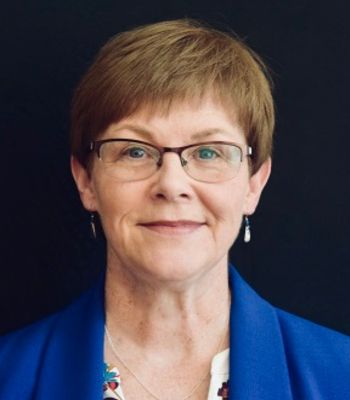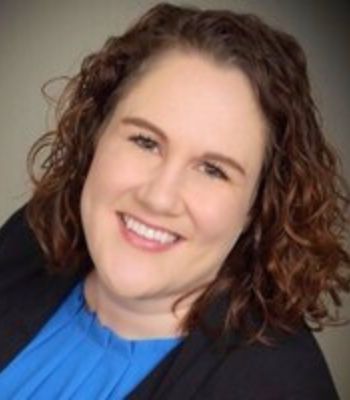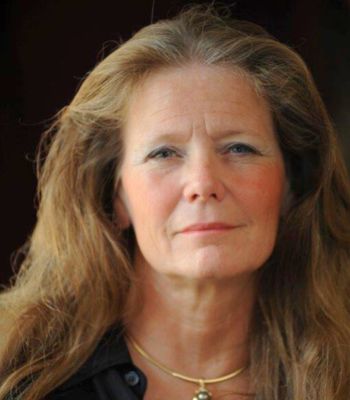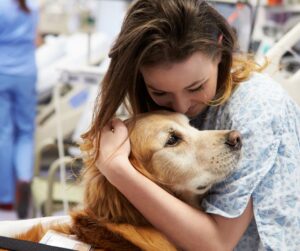Professional development may or may not help advanced practice providers in oncology climb the career ladder, but it will make your career more rewarding, according to speakers at a session devoted to the topic at the 2023 APP Oncology Summit in Scottsdale, Ariz. The session focused on strategies that can enhance and assist in the development of an APP’s professional career within the field of hematology/oncology, including opportunities within institutions for their employees.
Session moderator Carol Peyton Bryant, DNP, RN, ACNP, CCRN-K, APP supervisor and lead of an immediate care (7-days-a-week cancer-symptom management) clinic at Mayo Clinic in Phoenix, Ariz., told attendees, “One of the most important things in your career is that you develop yourself as you go forward and go to a higher level of yourself.”
After earning an Associate Degree in Nursing and working in the cardiac intensive care unit (ICU), Bryant went on to earn a Bachelor of Science in Nursing degree. Inspired to make a difference for poor farmers without health insurance—her father was a farmer and had a heart attack and eventually needed a heart transplant because he waited at home knowing he couldn’t afford the high cost of health care—she became a state and federal lobbyist for the American Heart Association.
After years as a surgical ICU charge nurse, Bryant returned to school to become an acute care nurse practitioner (NP). Subsequently, after a few years of being an NP, she felt completing a Doctorate in Nursing Practice would allow her to make a difference in more patients’ lives. As a DNP-prepared nurse, she became the supervisor of hematology/oncology APP teams in inpatient and outpatient clinics.
“I wanted people to know nurses can lead,” said Bryant, who is a member of The Oncology Connection Editorial Advisory Board. “My mantra is ‘What if?’ What if you need help going to school? What if I undergirded you and you discovered a cure for cancer? Undergirding APPs became my passion, what I wanted to do.”
Amanda Dean Martin, DNP, ACNP-BC, RNFA, chief of advanced practice and clinical integration banner at MD Anderson Cancer Center in Gilbert, Ariz., entered nursing with the intention of working in the ICU. “One of the things that kept on happening in my career was opportunity,” Martin said. “When I talk about my story of professional development it’s always been a hand up. If there’s an opportunity, why can’t you do it? Just try. The worst thing you can do is fall on your face and get back up and do it again. I’ve done that on numerous occasions, and I’ll do it again.”
Martin traced her career from nursing to becoming an NP working in solid organ transplants to consulting with a minor league hockey team. She recalled applying for a position as a surgical oncology NP at MD Anderson that she saw posted while she was vacationing in Arizona. At MD Anderson, Martin became a supervisor to the oncology NPs, and then director of APPs.
Jody Pelusi, PhD, FNP, AOCNP, is an oncology NP recently retired after 48 years in oncology. She started in oncology in the early 1970s when oncology care was in its infancy. She said her professional development correlated with the things that she saw needed to be done. “You have to have a can-do attitude,” she said. “You have to be open.”
She spearheaded the Samaritan Oncology Council, in which oncology nurses from each hospital collectively developed programs for the nurses at their hospitals. From that, the key nurses formed the Oncology Nurses Community Oncology Program of Arizona and developed a symptom management educational program for rural nurses caring for oncology patients after they returned home.
Most recently Pelusi and other nurse specialists developed an intensive course on clinical trials to support and educate oncology NPs to be active participants in clinical trials as well as principal investigators.
While professional development opportunities can be stratified according to the level of experience (eg, Benner’s categories of novice, advanced beginner, competent, proficient, and expert) (see Table), Bryant emphasized that there are still things that “experts” may not know or may not be good at.
Citing her own transition from the open-heart ICU to oncology, Bryant said, “We’re all novices at many things that we do, but then we all bring a lot to the table.”


The panel emphasized that professional advancement is not necessarily about climbing a career ladder. “It’s not always moving up to leadership or management,” Martin said. “It’s learning about clinical trials, a new procedure, or a new specialty. It’s what makes your heart full and what makes your career more rewarding.”
Martin said that for herself, it has been both the desire to learn something new and to help change something that drive her professional development forward. “What I have to remember is that there is something I know that other people who might be levels of power above me don’t know and that’s why I’m at that table,” she said.
Bryant recommended negotiating with your institution for access to resources such as CME funding, conference sponsorships, books, certifications fees, society membership fees, and library journal subscriptions as well as networking to find out what colleagues at other institutions are receiving. “I want to empower every single one of you to learn how to negotiate, whether it’s what you are going to do at your job or the dollar amount,” she said. “Empowered people empower people.”
Opportunities that can be negotiated include academic rank or position on the clinical ladder, co-leading research and publishing, mentoring and mentorship, standards writing, learning how to give a concise story/report, and clinical trial education and participation.
“It’s about your professional development and what you want your career to look like. It really is owning it yourself. It may not be through serving on a committee,” Martin said. “The people who come to work and do their job well who may not be reaching for the next rung are just as important as the people who are reaching for the next rung.”
For more information
Benner P (2001). From Novice to Expert: Excellence and Power in Nursing Clinical Practice. Upper Saddle River, New Jersey. Prentice Hall Health.

Carol Peyton Bryant, DNP, RN, ACNP, CCRN-K

Amanda Dean Martin, DNP, ACNP-BC, RNFA








